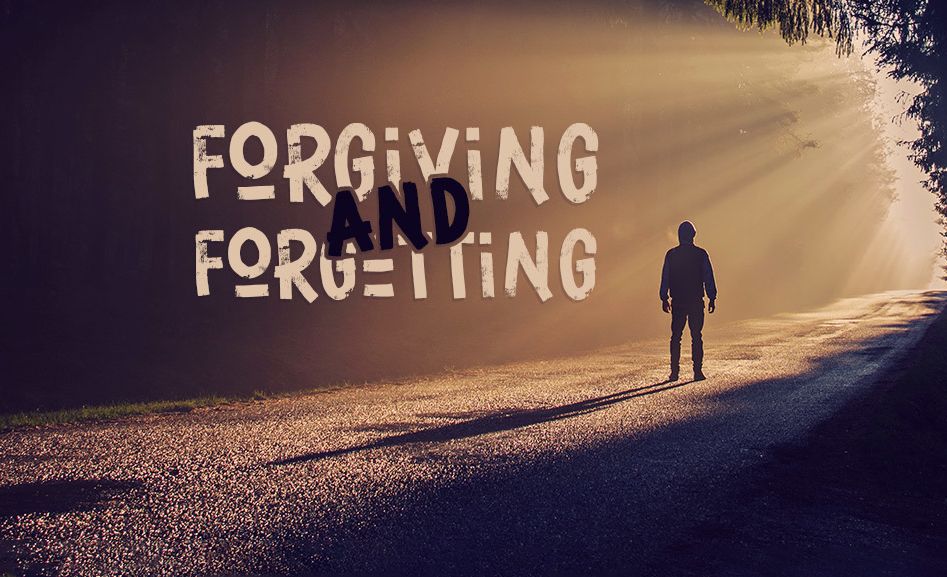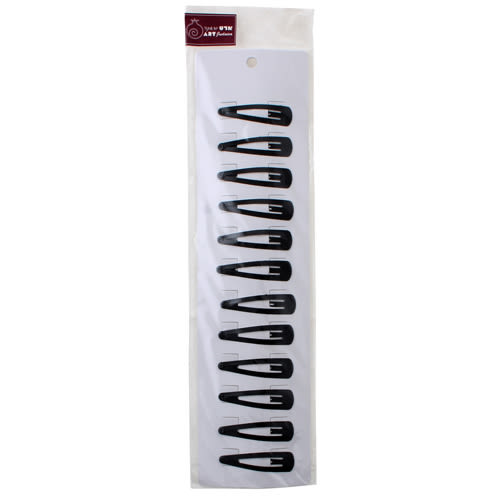
Stop the Blame Game
The first step in teshuva is to stop blaming others! Each one of us has the power to not only change our life but to empower our entire family to choose the right and just path.

“You shall send away the mother, and the children take for yourself”. (Devarim 22:7)
Blame Yourself
R’ Avraham Dov from Chamelnik asked a young married man, “Do you study Torah?”
“A little,” answered the man.
“How do you earn your livelihood?”
“My father-in-law supports me.”
“Why, then, do you only spend a little time learning? You should spend most of your time!?”
“My wife told me that I need to spend time in the marketplace exploring different career options so that when I need to earn a living myself, I will be able to,” replied the man.
R’ Abraham responded, “After Adam sinned, the Torah tells us (Bereishit 3:12), And the man said, “The woman whom You gave [to be] with me she gave me of the tree; so I ate.” The phrase “with me” is perplexing. It should have simply said “the woman that You gave me.” However, the Torah is teaching an important lesson. Adam admitted he could have simply not listened. He could have resisted the temptation. However, the same idea that Chava had was “with him” as well. In his heart, he also wanted to eat from the fruit.” Adam didn’t make excuses for his part in the sin.
Who is Bitter?
The Satmar Rav once asked a chassid about his spiritual shortcomings. “What can I do? My wife doesn’t want me to be like that,” answered the chassid.
The Rav answered: “When a man blames his sins on his ‘bitter’ wife, you must remember the pasuk (Shemot 15:23), ‘because they were bitter – he named her bitter’. The Torah describes that “they” were bitter. When a husband blames his wife, it is because he himself is bitter. However, he wants to vindicate his behavior by blaming his wife for his own bitterness.”
Protect Your Family
Too many men use this excuse. They blame their wives for having less time to learn, or for holding them back from growing. Their wives don’t allow them to attend a shiur at night or spend more time in shul (synagogue). Or their wives force them to have certain devices in the home. Or, men claim that even after they have everything they need, they need to work harder and longer hours to provide even more luxuries for the demand of their wives and children.
Many times, women and children who are constantly socializing, feel they need to have the same luxuries and lifestyle as their neighbors and friends. And the husband does feel the pressure to provide for that lifestyle.
However, Chazal taught (Sotanh 47a), “With regard to the evil inclination, to a child, and to a woman, the left hand should reject and the right hand should welcome”. The Seforim HaKedoshim (Noam Magadim, Parshat Behar) explain that the yetzer harah (evil inclination) will try and deter you from your avodat Hashem by using your family as an excuse. On one hand, you need to reject the yetzer harah’s temptations, while on the other hand you need to also bring your family closer and guide them to withstand the desire to assimilate into modern-day culture.
Just like a person tries to protect his family from physical harm, so too, he must do everything he can to protect them from the spiritual threats that surround them.
No Excuses
When a person is disappointed with his own spirituality and with his commitment to Torah and to mitzvot, he commonly blames external factors.
This is a dangerous habit. It completely cripples someone from making an honest, and subjective self-assessment of one’s spiritual life. Instead, he blames factors that are “beyond his control.” And, therefore, he feels like he cannot change his current spiritual circumstances.
This perspective is the trickery of the yetzer harah. It wants you to believe that change is impossible and that you cannot elevate your spirituality. A person must realize that everything depends on him. He needs to hold himself accountable while also believing that he has the power to change.
Chazal relates (Avodah Zarah 17a) that R’ Elazer ben Dordaya was a grave sinner until he was inspired to do teshuva. However, when that inspiration came, he felt that teshuva was too difficult to do due to the magnitude of his past behavior. He begged others to pray for mercy. His supplications went unanswered until he said, “This depends solely on me.” Once he had that realization, he was able to properly do teshuva and a Heavenly Voice announced, “R’ Elazer ben Dordaya is prepared for a life in the World to Come.”
Take Yourself
This lesson can be applied to our pasuk as well. “You shall send away the mother and the children” – stop blaming your spiritual shortcomings on your wife, the mother of your household! And don’t blame the young, don’t use your children as an excuse!
Rather, “take for yourself” – realize that everything is dependent on you. You are in control and you can make different choices. You have the power to not only change your life but to empower your entire family to choose the right and just path.
By doing so, you will be blessed “and you should lengthen your days”.
***
The Kalever Rebbe is the seventh Rebbe of the Kaalov Chasidic dynasty, begun by his ancestor who was born to his previously childless parents after receiving a blessing from the Baal Shem Tov zy”a, and later learned under the Maggid of Mezeritch zt”l. The Rebbe has been involved in outreach for more than 30 years and writes weekly emails on understanding current issues through the Torah. Sign up at www.kaalov.org.












Tell us what you think!
Thank you for your comment!
It will be published after approval by the Editor.